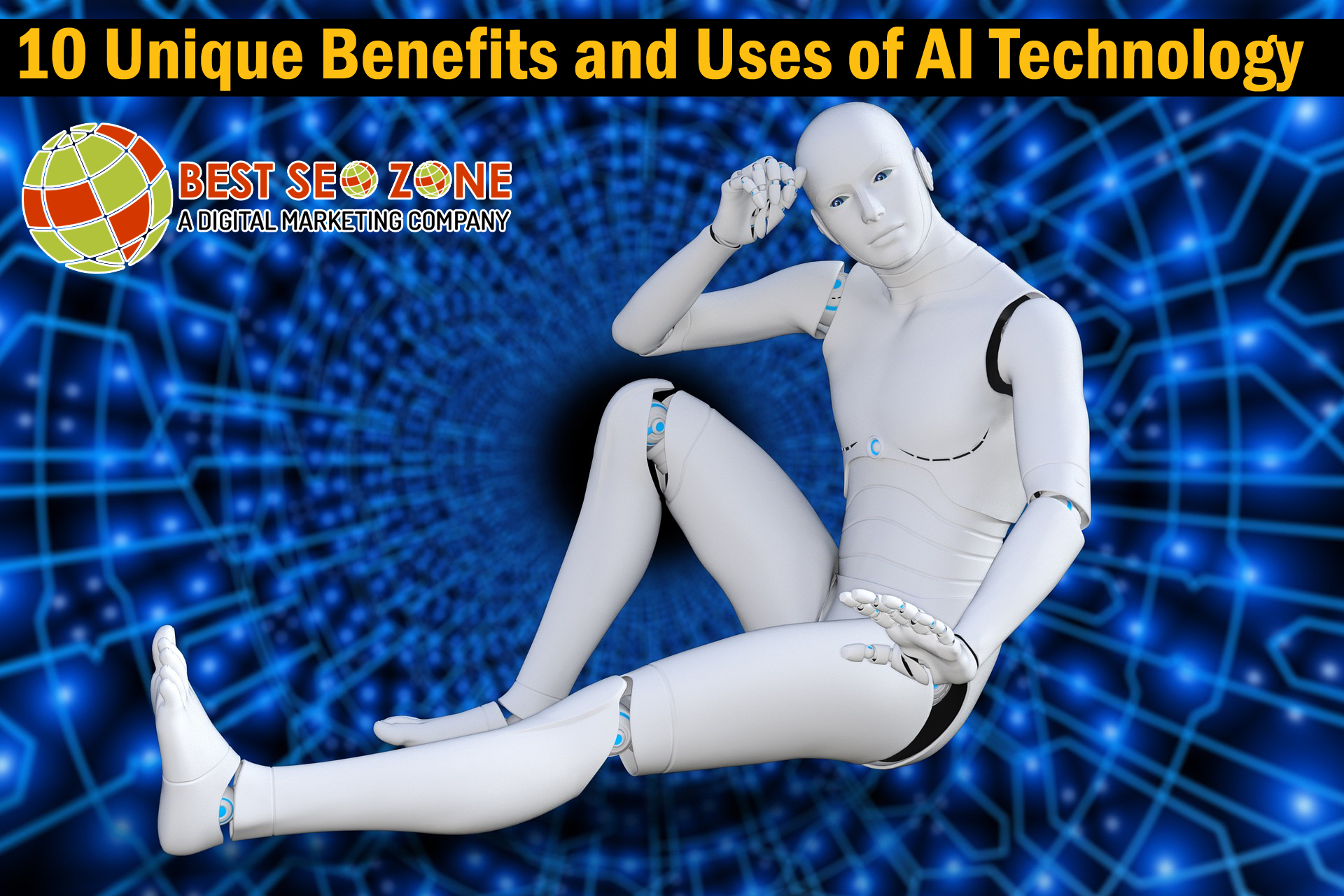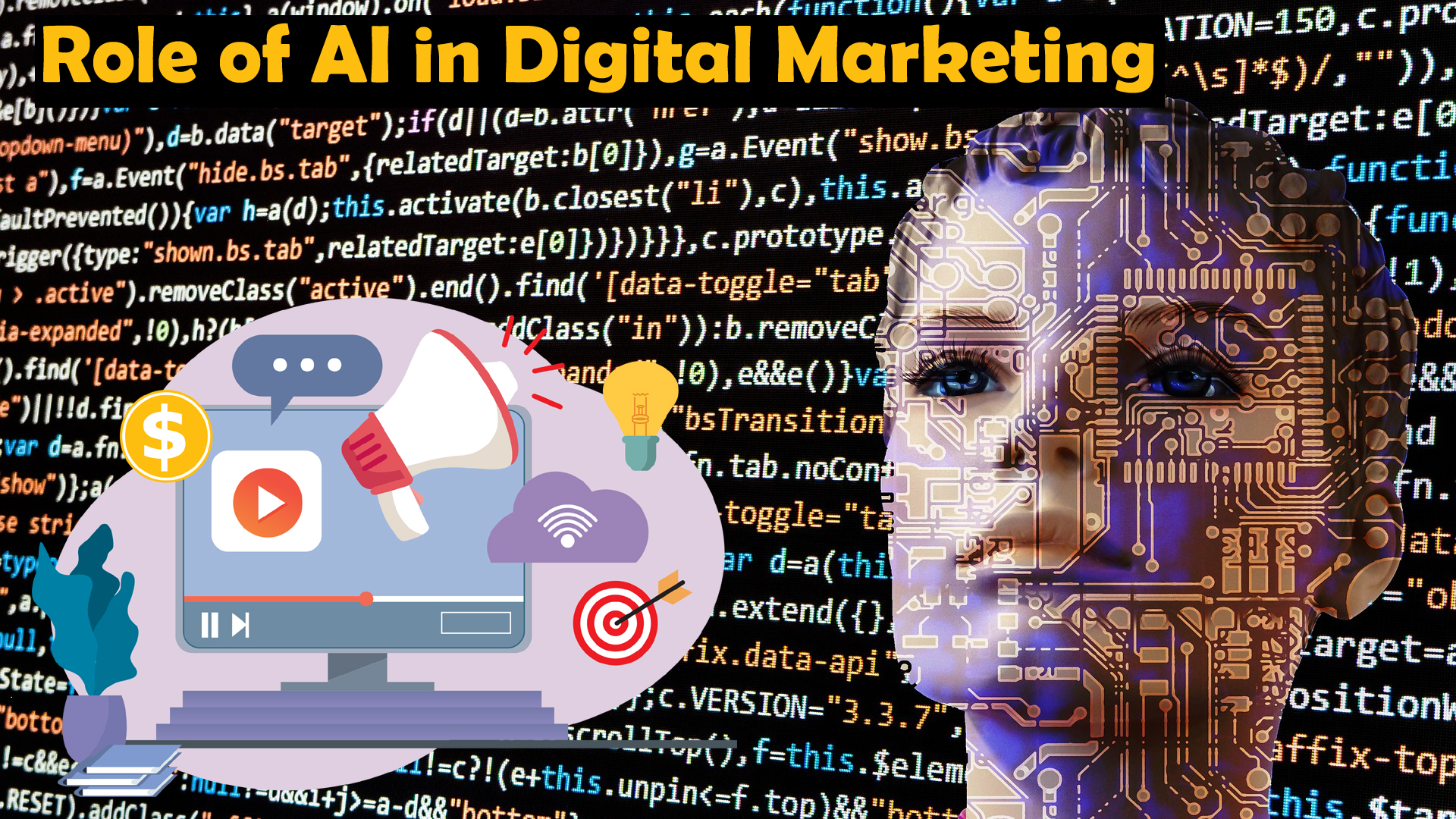Artificial Intelligence (AI) has emerged as a game-changer in the field of digital marketing, revolutionizing the way businesses interact with customers, analyze data, and deliver personalized experiences. With its ability to process vast amounts of data quickly and make intelligent decisions, AI has become an invaluable tool for marketers seeking to enhance their campaigns’ effectiveness and drive meaningful results.
AI-powered chatbots and virtual assistants have also transformed customer service and engagement. These intelligent bots can interact with customers in real-time, answering their queries, providing product recommendations, and even completing transactions. By leveraging natural language processing and machine learning, AI chatbots can understand and respond to customer inquiries with a level of accuracy and efficiency that was once reserved for human agents. This not only improves customer satisfaction but also frees up human resources to focus on more complex tasks.
What is Artificial Intelligence?
Artificial Intelligence (AI) refers to the simulation of human intelligence in machines that are programmed to think, reason, and learn like humans. It is a multidisciplinary field that combines computer science, mathematics, statistics, and cognitive science to develop intelligent systems that can perform tasks that typically require human intelligence.
AI systems are designed to perceive their environment, understand and interpret data, reason and make decisions, and take appropriate actions to achieve specific goals. These systems are often built using algorithms and models that enable them to learn from data and improve their performance over time.
The two main types of AI are:
- Narrow AI is Also known as weak AI, this refers to AI systems that are designed to perform specific tasks or solve particular problems. Examples include voice assistants, image recognition systems, recommendation algorithms, and autonomous vehicles.
- General AI is Also referred to as strong AI or artificial general intelligence (AGI), this represents AI systems that possess the ability to understand, learn, and apply knowledge across a wide range of tasks and domains, similar to human intelligence. General AI remains a hypothetical concept and has not yet been achieved.
How To Use Artificial Intelligence In Digital Marketing?
In digital marketing, AI can be utilized in numerous ways to enhance strategies and drive better results. Firstly, AI-powered analytics tools can process vast amounts of data and extract meaningful insights, enabling marketers to understand customer behavior, preferences, and trends more accurately. This data-driven approach allows businesses to make informed decisions and tailor their marketing campaigns accordingly. Moreover, AI algorithms can analyze customer interactions and past purchase history to deliver personalized content and recommendations, leading to improved customer engagement and conversions.
Here are 10 Unique Benefits and Uses of AI Technology in Digital Marketing Strategies

1 - Customer segmentation and targeting
AI can analyze large volumes of data to identify patterns and characteristics of different customer segments. This information helps you tailor your marketing messages and target specific audiences more effectively.
2- Unlocking The Power Of Predictive Analytics With AI
AI can analyze historical data to make predictions about future trends and consumer behavior. This enables you to anticipate customer needs, optimize marketing campaigns, and make data-driven decisions.
3- Personalization With The Help Of AI
AI can help deliver personalized experiences to individual users. By analyzing user data, browsing behavior, and preferences, AI can recommend personalized content, products, and offers, increasing customer engagement and conversions.
4- Virtual assistants and chatbots using AI
AI-powered chatbots and virtual assistants can automate customer interactions, provide instant support, and handle routine inquiries. They can offer personalized recommendations and guide users through the buyer’s journey, improving customer satisfaction and conversion rates.
5- How To Use AI To Transform Your SEO (Content creation and optimization)
AI can generate and optimize content, including blog posts, social media updates, and product descriptions. Natural language processing capabilities can help ensure content is engaging, relevant, and optimized for search engines.
6- What Is Sentiment Analysis using AI?
AI can analyze social media posts, customer reviews, and other sources to understand customer sentiment toward your brand or products. This allows you to identify positive and negative feedback in real-time, respond appropriately, and make necessary improvements.
7- How AI is Optimizing Data-Driven Ad Targeting?
AI can optimize digital advertising campaigns by analyzing data on user preferences, demographics, and online behavior. This helps identify the most effective ad placements, messaging, and targeting options, improving campaign performance and ROI.
8- Customer lifetime value prediction
AI algorithms can analyze customer data to estimate the potential value of individual customers over their lifetime. This information helps prioritize marketing efforts, identify high-value customers, and develop targeted retention strategies.
9- AI for Competitor and Content Analysis
AI can monitor competitors’ digital marketing strategies, including their content, pricing, and advertising campaigns. This provides valuable insights into industry trends, helps you stay competitive, and allows for strategic adjustments.
10- Using AI in Data analytics and reporting
AI can automate data collection, analysis, and reporting processes. It can provide real-time insights, track key performance indicators (KPIs), and generate comprehensive reports, enabling data-driven decision-making and campaign optimization.
Implementing AI in digital marketing requires access to relevant data, advanced AI tools or platforms, and expertise in data analysis and interpretation. It’s important to carefully plan and integrate AI solutions to align with your marketing goals and objectives.

Dilshad Mushtaq is the founder and CEO of Best SEO Zone which is a prominent digital marketing agency based in Pakistan Since 2010. He is a professional website developer & Digital Marketer who can create any website and rank it on Google Page One.




